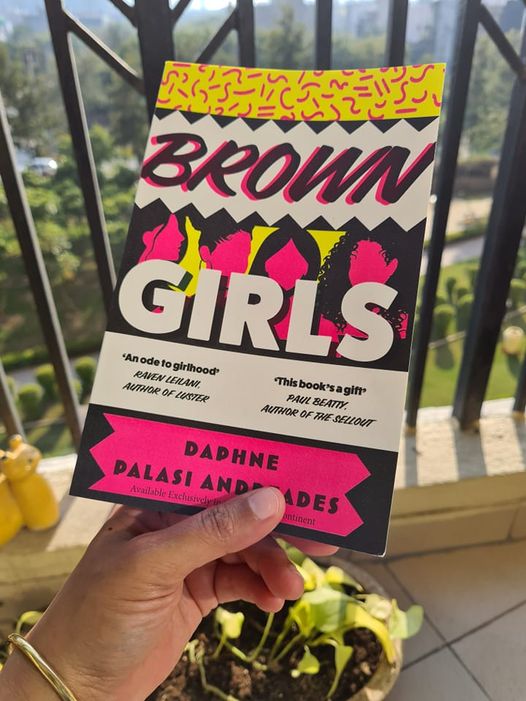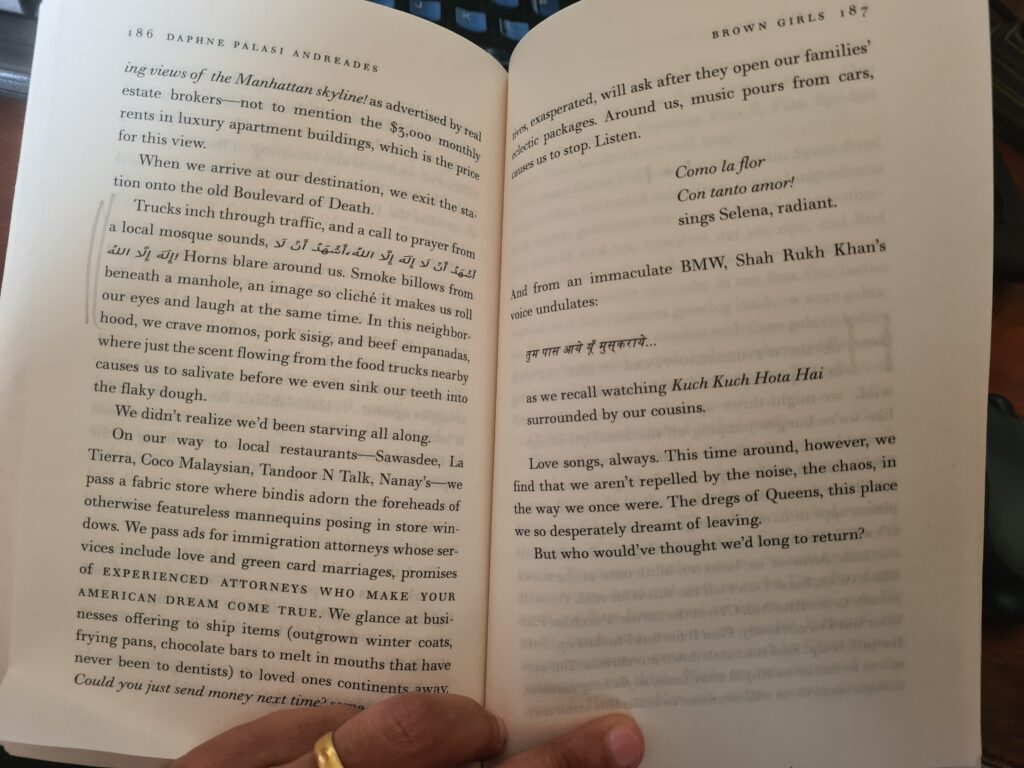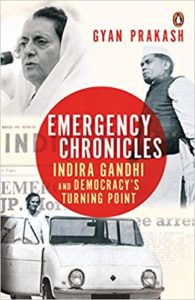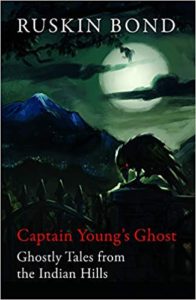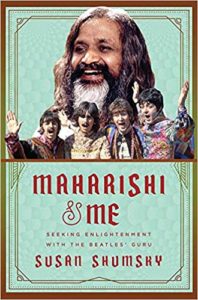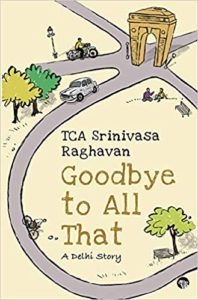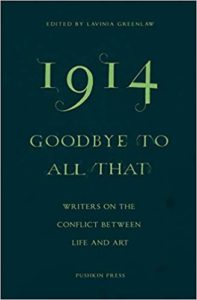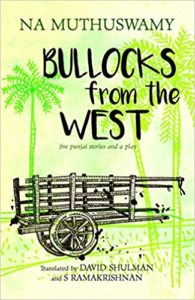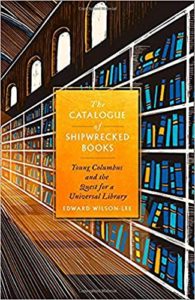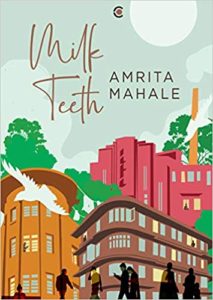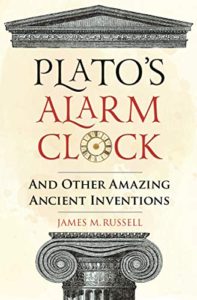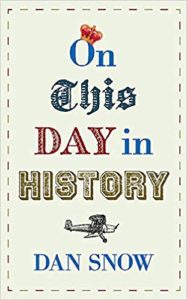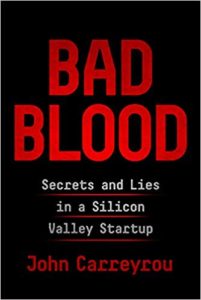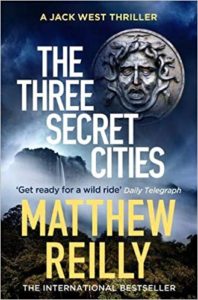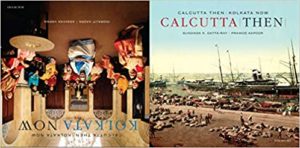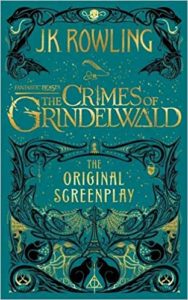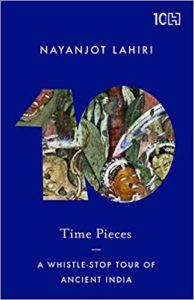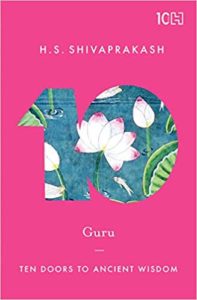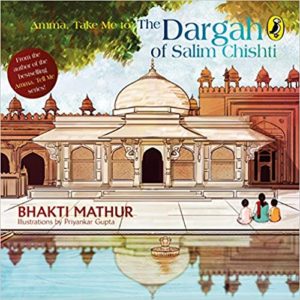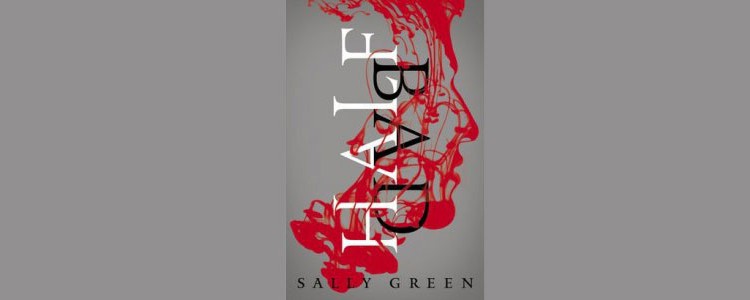“The Love Songs of W. E. B. Du Bois”
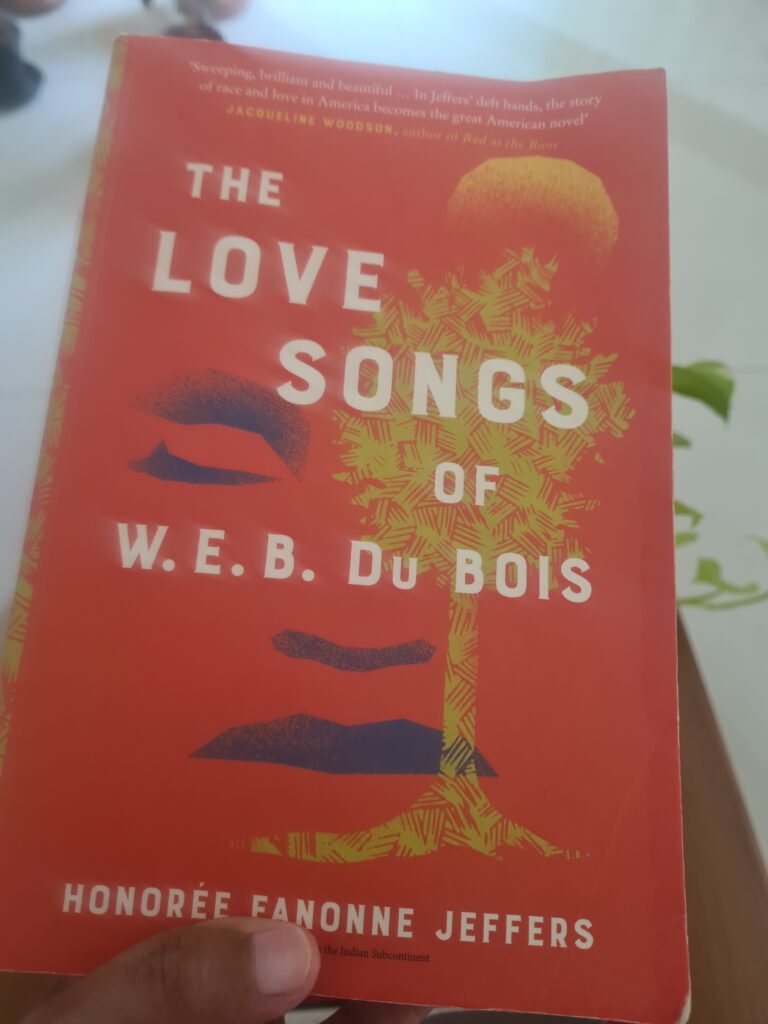
It has been more than a week since I finished reading the astonishing debut novel The Love Songs of W. E. B. Du Bois by poet Honoree Fanonne Jeffers ( published by Harper Collins). I am still in awe of it. It is not going to dissipate for a long, long time. It is two-hundred years of African-American history told through the account of a fictional family based in Georgia. Bulk of the novel is narrated by or involves Ailey Pearl Garfield. A young girl, who along with her two sisters, have been reared in the North, in the City, but spend summers in the small Georgia town of Chicasetta. It is where their mother’s family have lived ever since their ancestors arrived from Africa in bondage. It was originally Indian land that was then appropriated by the white settlers. There is a slow, unfolding pace to the story. It is not just another black history narrated but the author builds upon the basic premise of scholar Du Bois when he wrote about the problem of race in America and what he called “double-consciousness”, a sensitivity that every African American possesses in order to survive. It is hard to encapsulate in a few lines the gist of this book except to say that it is a phenomenal account of history, it is fictional but it is built around actual events and people, and once done reading it, there is a magnificent plotting of a timeline that is not going to go away easily. It is a combination of historical events, evolution of language and a growing awareness amongst the youth to push back against the systemic racism that they encounter daily. It is also a sobering lesson on how not to blame their past for the present as the three sisters discover. At one level, their lives are representative of the manner in which narratives can be built. Either you blame your past for your present as the eldest sister Lydia did or you make the best of the opportunities that come your way as the other two sisters — Ailey and Coco did. Lydia became a drug addict and died of it. Ailey and Coco became an academic and a doctor, respectively. They chose to move on but not in a cold-hearted manner. They did not reject their past. Ailey studied it, understood her lineage and then developed it further to explore her identity.
After a while, none of the names make sense. But the rhythm of the text lulls one into being mesmerised by the story. In fact, Honoree said in an interview that her editor read all her poems and insisted on editing this text according to those poems:
My editor Erin Wicks is a genius, and the world needs to know.
She’s a young white woman, so I didn’t know how working with her would turn out. But she allowed me to be my full, authentic self. When the book was sold, I was afraid that somebody was going to try to make me be something else or explain myself to white readers. But she just kept pushing me to just keep it real.
But, yeah, the book that was sold was 450 pages.
I know this sounds cheesy, but Erin and I just have this miraculous simpatico [relationship] that I didn’t expect. She’s white and young, and I’m of a particular generation and from the Deep South. But she’s just really empathetic and kind. She’s aware of Black political issues. She’s just great. For example, Erin bought every single one of my poetry books and read them. So, when we started going through line edits, she could mimic my language and tone as she was condensing sentences.
The Love Song of W. E. B. Du Bois invokes the scholar all the time, especially in the well-chosen epigraphs to every section, but it is the writing that is astonishing. It is at the intersection of feminism, American history, women’s histories, identities, systemic racism, etc. It is an incredibly powerful novel that changes the reader once done reading it. Appropriately it won the National Book Critics Circle Award 2021 for fiction.
Most reviews of the book have been unable to share the story structure as it is impossible to do so. Apart from gushing about the beauty of the writing, magnificence of the tale and the sheer extraordinary craftsmanship, there is little else one can do.
Read The Love Songs of W. E. B. Du Bois.
20 March 2022

